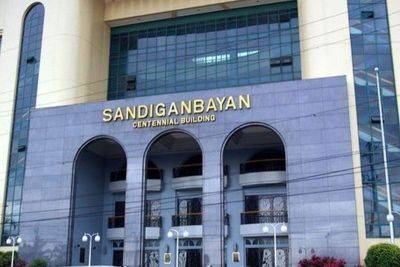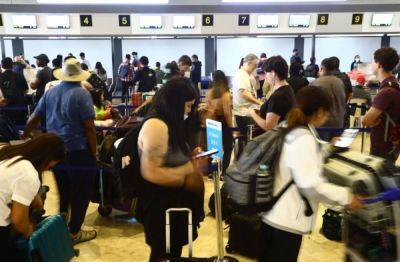EDITORIAL — Vacation scams
If it’s too good to be true, it must be a scam. Facilitated by cyberspace, there seems to be a scam for every imaginable human activity these days, from finding romance to investing money and procuring goods and services. It’s no surprise that scammers are also preying on those who are planning vacations for the Holy Week and the rest of the Philippine summer.
With the approach of the Holy Week break, the Philippine National Police has warned the public about so-called vacation scams. There were 313 complaints for such scams last year, according to the PNP – 243.95 percent higher than the 91 cases recorded in 2022. These were just the scams that were reported. The number is sure to be higher, since many people don’t bother to report such cases because of the difficulty of pursuing complaints in court.
As described by the PNP, a vacation scam involves online bookings for accommodations, transport and tour packages. Promos featuring heavily discounted prices are offered by fraudsters impersonating legitimate travel and tourism-related agencies including those with established reputations. Upon arriving at their destination, victims realize that their reservations, paid for in advance partly or fully, are non-existent.
In the first two months of 2024, the PNP’s Anti-Cybercrime Group has recorded 35 cases so far. Revenge travel following the lifting of COVID restrictions, together with the shift of many people to online transactions, have facilitated vacation scams. The PNP is advising people to avoid booking their travel arrangements completely online, especially when making payments, and to be wary of unusually cheap vacation packages.
Anti-cybercrime cops are also warning that digital scammers have learned to clone the websites of real travel agencies. Artificial intelligence-enabled technology, which is advancing rapidly, can facilitate this type of fraud. Once money has been paid through digital platforms, pursuing the fraudsters can be like searching in a black hole.
It’s been said often enough, but the warning bears repeating, this time coming from the PNP spokesperson: “They say that if it’s too good to be true, it’s probably not true.” Don’t let scammers







